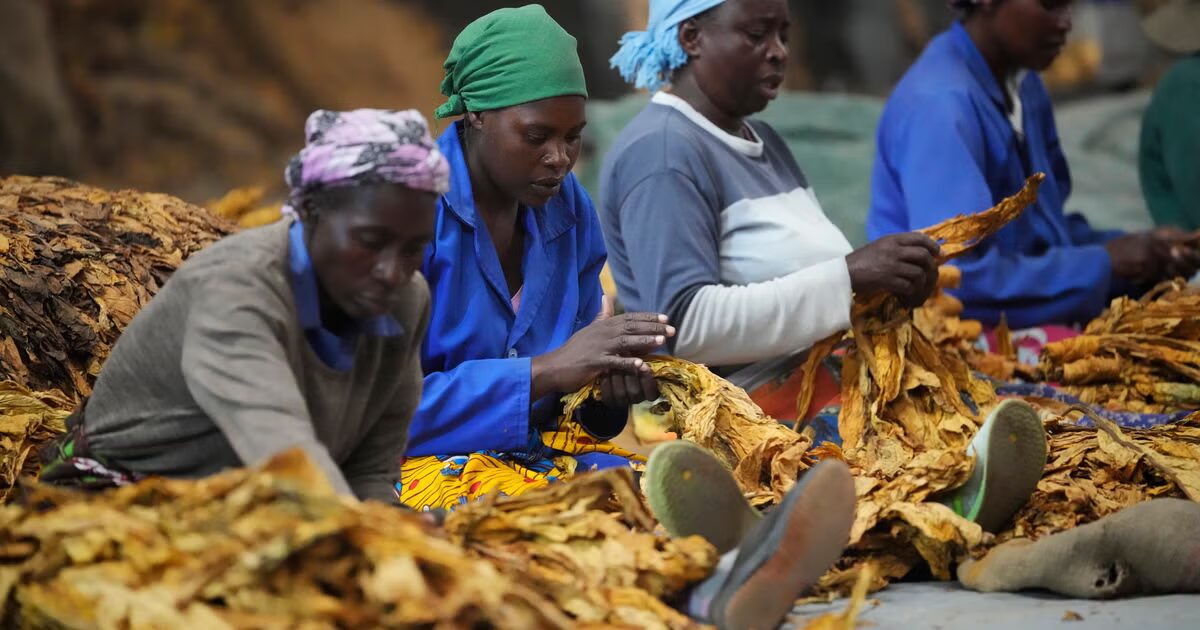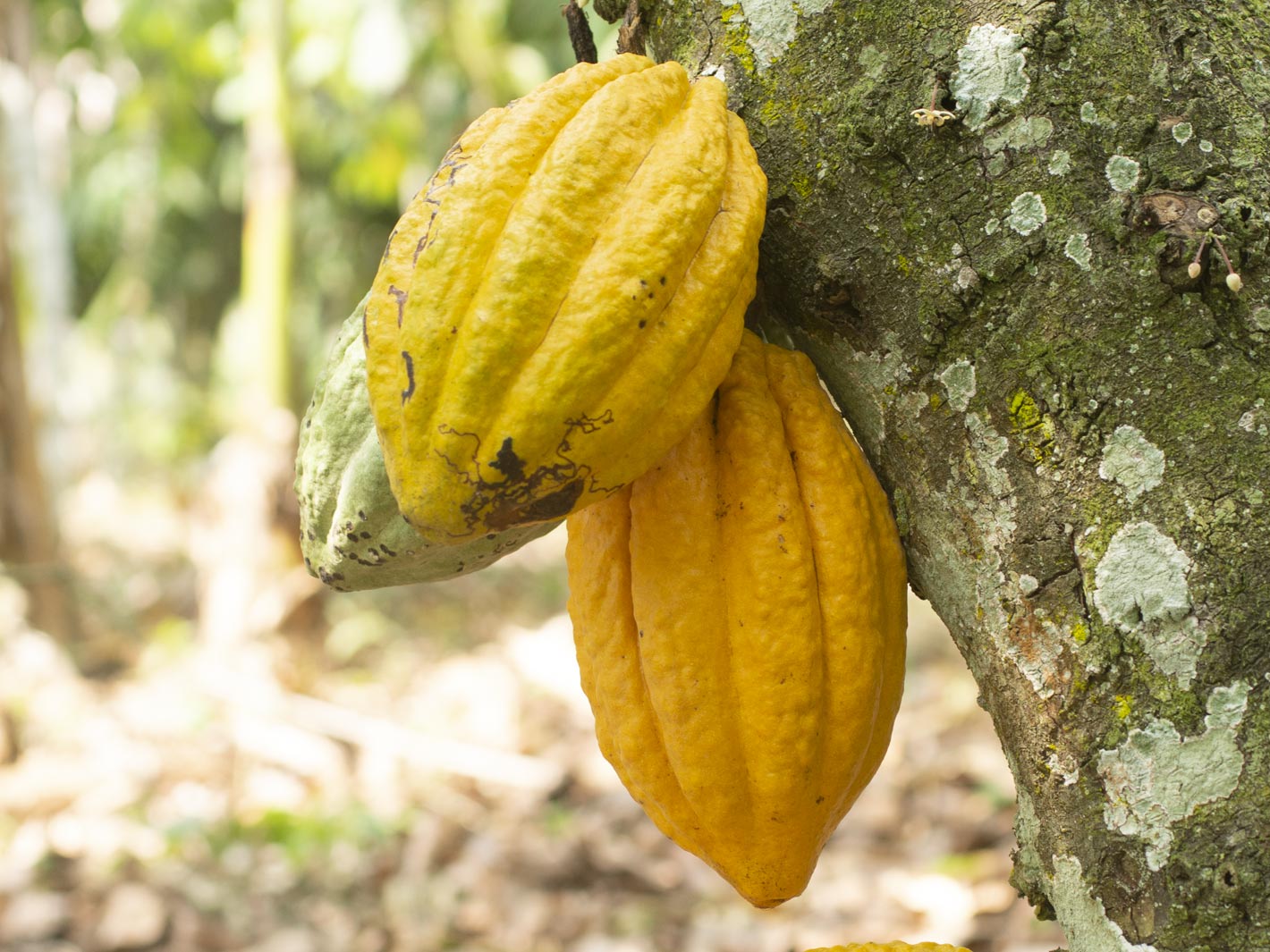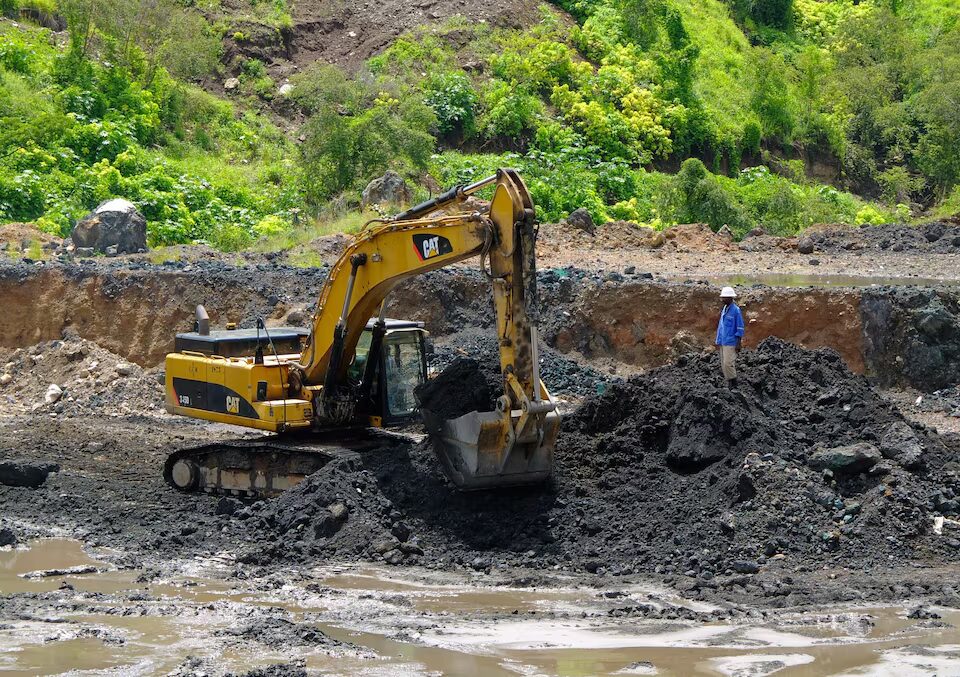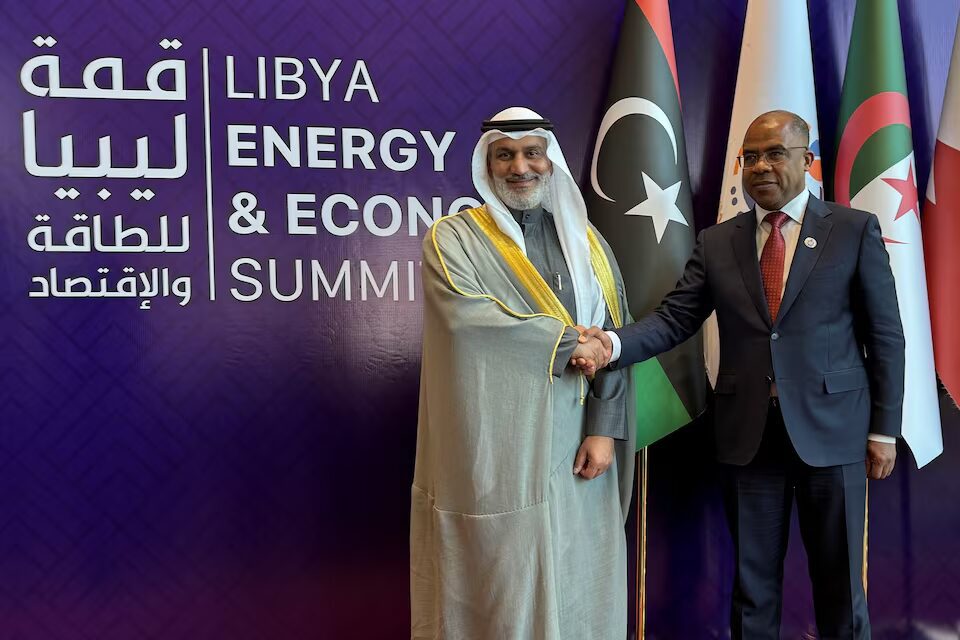
Friday 17th October 2025

By inAfrika Newsroom
Ghana cocoa financing is changing as international buyers advance funds to the Ghana Cocoa Board (COCOBOD) for the 2025/26 crop, officials and industry documents indicate. The advances, arranged directly with traders, are part of a revised funding mix that reduces reliance on the annual syndicated loan used for decades to pre-finance bean purchases.
COCOBOD’s funding model has been under review after weather shocks, plant disease and illegal mining depressed output and strained cash flows. Consequently, the regulator has paired forward sales and buyer prepayments with domestic borrowing to cover seed-funding needs at the start of the main crop. While the board has long tapped a dollar syndicated facility each season, it has also tested alternatives to limit interest costs and improve timing.
The 2025/26 harvest begins as farms recover from black pod outbreaks and storm damage that hurt deliveries last season. Therefore, purchasing clerks are being briefed on quality standards, bean grading and moisture thresholds to protect export contracts. The regulator has also stepped up disease-control programs and input distribution to restore yields and stabilize farm incomes.
Traders say the advance-payment model may smooth cash availability at district depots during peak supply weeks. However, they caution that port logistics, inland transport and bagging capacity still determine shipment pace. Any slippage can raise demurrage costs or force rescheduling, particularly when global buyers cluster deliveries late in the quarter. Even so, forward contracts tied to buyer advances could reduce rollover risk on unpaid consignments.
Ghana cocoa financing reforms come amid tighter global supply. Weather-related losses in West Africa and tree-stock replacement cycles have thinned origin availability, lifting international prices and widening quality differentials. As a result, exporters are prioritizing predictable offtake over spot arbitrage, while risk managers push for stronger collateral and performance guarantees along the chain.
Farmer groups want higher producer prices to offset input inflation and labor costs. Authorities argue that a steadier funding base—combining buyer advances with targeted borrowing—should help pay farmers on time, maintain district warehouses, and keep licensed buying companies liquid. Meanwhile, the board is monitoring foreign-exchange flows to ensure dollar proceeds land promptly to meet hedging and debt commitments.
Market analysts will track graded-and-sealed arrivals, moisture rejection rates and port throughput in the first eight weeks of the crop. If field controls hold and logistics keep pace, Ghana could rebuild reliability with key chocolate manufacturers. If not, shipment deferrals may test the new financing approach. Either way, Ghana cocoa financing is now more diversified, which could cushion seasonal shocks.


